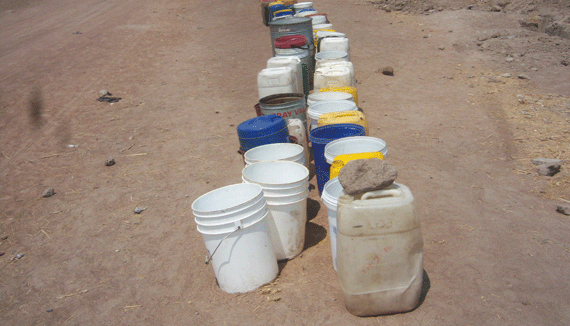
Bulawayo-based conveyor belt manufacturer General Beltings (GB) Holdings is struggling to pay its employees as it claws back from the brink of collapse.
BY BLESSED MHLANGA
The company owes its 160 workers nearly $2 million in outstanding wages and salaries as the economic crisis continues to affect the country. Group managing director Wilbroad Tsuroh said workers at the company were resilient and motivated to ensure that GB Holdings is revived and continued operating even without salaries.
“We are not up to date with our salaries, but that is a sign of resilience. All the workers that you see here are owed close to 18 months in salaries,” he said.
“So what we have agreed as workers is we cannot get 100 % of our salaries right now, but at least we have a job and because we believe in this company, we know we will get our money. So we have almost about $1,8 million owed to the workers.”
GB Holdings, which also accessed $1 million from Dimaf, has so far paid back $500 000 towards the loan with $300 000 going to capital debt and $200 000 for interest.
Tsuroh said GB Holdings was being weighed down because it had bad debts after most of its customers were hit by falling global prices of metals.
“Instead of us selling our products to the top tier of the market, we were forced to make do with the middle tier.
- Chamisa under fire over US$120K donation
- Mavhunga puts DeMbare into Chibuku quarterfinals
- Pension funds bet on Cabora Bassa oilfields
- Councils defy govt fire tender directive
Keep Reading
“Unfortunately that is the tier that got hammered when world commodity prices tumbled. We ended up with an unperforming debtors book,” he said.
Meanwhile, National Blankets has voted to extract itself from judicial management after liquidating most of its debts and raising new capital to ramp up production at its Bulawayo plant.
Judicial manager Philip Ndlovu said shareholders had voted at the annual general meeting to move the company out of judicial management.
“We are now moving towards taking National Blankets out of judicial management because nearly all debts have been liquidated and new capital will soon be injected into the company,” he said.
Ndlovu said most of National Blankets workers who were owed salaries and other creditors of the company had been turned into shareholders to liquidate their debts.
A total of $3,5 million was put into the business in 2008 to fund the purchase of new machinery and a further $300 000 will be injected once the company is out of judicial management.










